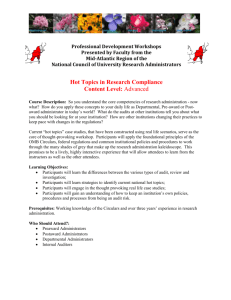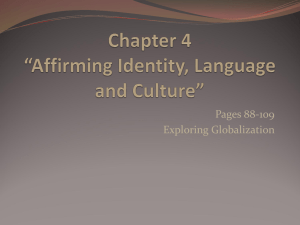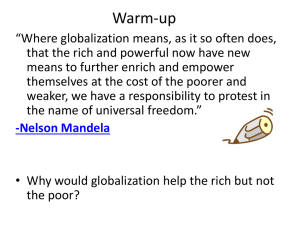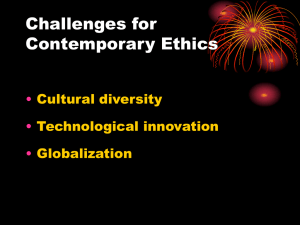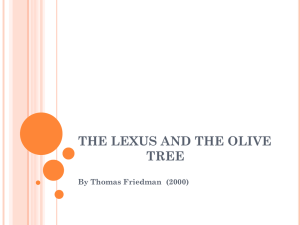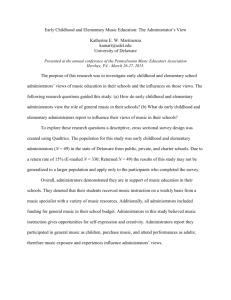Globalization will present Public Administrators with intense problems
advertisement
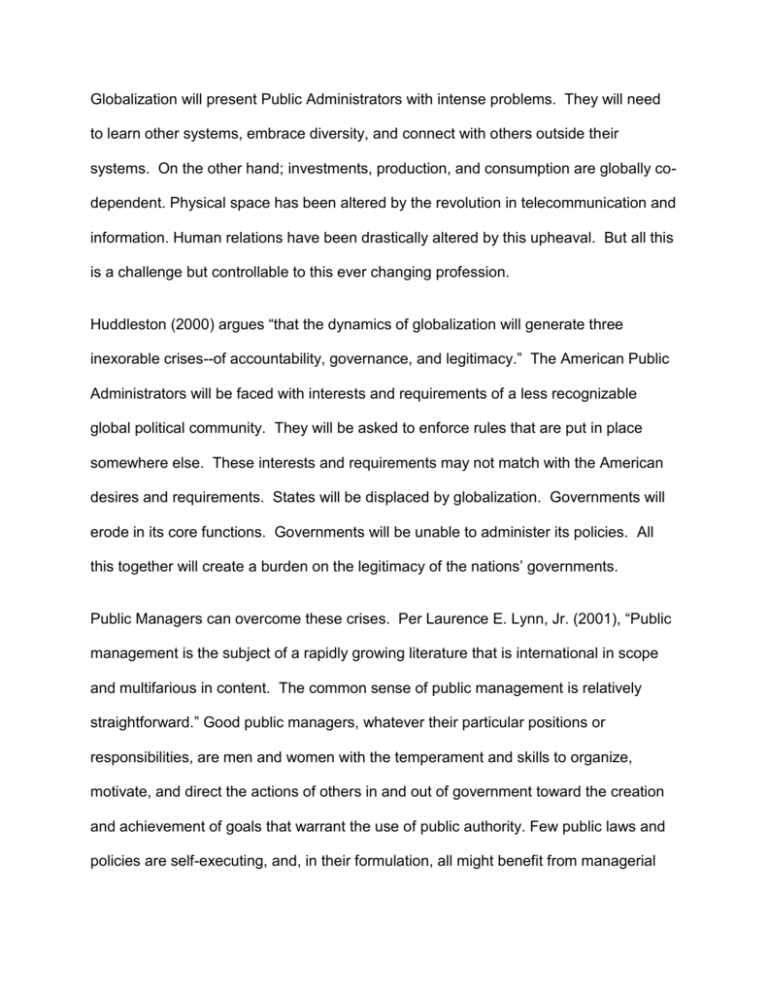
Globalization will present Public Administrators with intense problems. They will need to learn other systems, embrace diversity, and connect with others outside their systems. On the other hand; investments, production, and consumption are globally codependent. Physical space has been altered by the revolution in telecommunication and information. Human relations have been drastically altered by this upheaval. But all this is a challenge but controllable to this ever changing profession. Huddleston (2000) argues “that the dynamics of globalization will generate three inexorable crises--of accountability, governance, and legitimacy.” The American Public Administrators will be faced with interests and requirements of a less recognizable global political community. They will be asked to enforce rules that are put in place somewhere else. These interests and requirements may not match with the American desires and requirements. States will be displaced by globalization. Governments will erode in its core functions. Governments will be unable to administer its policies. All this together will create a burden on the legitimacy of the nations’ governments. Public Managers can overcome these crises. Per Laurence E. Lynn, Jr. (2001), “Public management is the subject of a rapidly growing literature that is international in scope and multifarious in content. The common sense of public management is relatively straightforward.” Good public managers, whatever their particular positions or responsibilities, are men and women with the temperament and skills to organize, motivate, and direct the actions of others in and out of government toward the creation and achievement of goals that warrant the use of public authority. Few public laws and policies are self-executing, and, in their formulation, all might benefit from managerial insight and experience. Under virtually any political philosophy or regime, then, the achievement of good government requires the responsible and competent use of public authority by a government’s managers. Public management takes a private enterprise approach to the way the resources and decisions are handled. Public Managers are decisive, have a dynamic mindset, and are bias for action. Public Administrators tend to get hung up on rules and regulations which make their decisions lethargic. References: Huddleston, M. W. (2000). Onto the Darkling Plain: Globalization and the American Public Service in the Twenty-First Century. Journal Of Public Administration Research & Theory, 10(4), 665. Laurence E. Lynn, Jr. (2001). Public Management.Handbook of Public Administration.Pg.2. References: Greg, American Public Administrators will face a very different scenario in the coming years. But we have a new generation of Public administrators that are technologically and psychologically fundamentally different. This new breed would be able to adapt to the ever changing governance. The globalization has been in process for many years and the private entities have adapted fairly well. I do not see how our public administrators doing any different. Good post Greg! David, I agree that this revolution will make more people actively participate in the government decisions. The technology and information revolution makes it easier for a broader section of the citizenry to be educated and informed about government issues. Great argument David!


